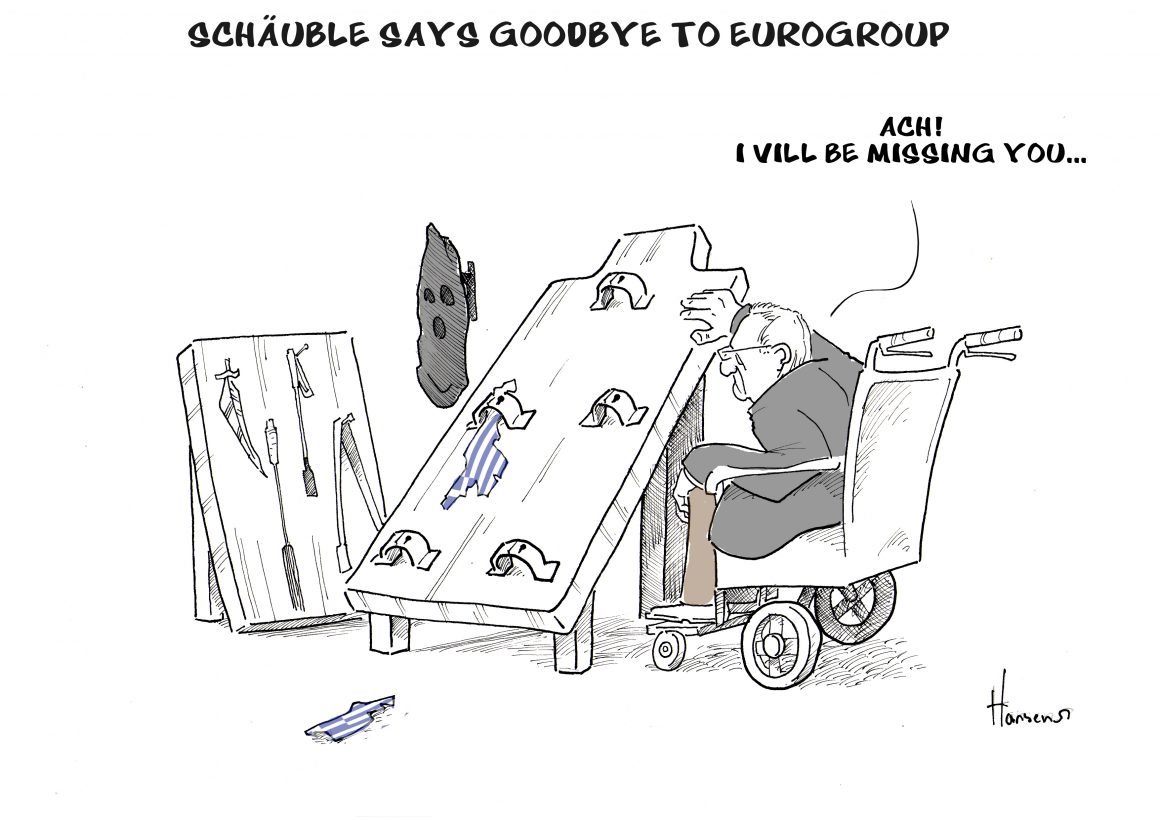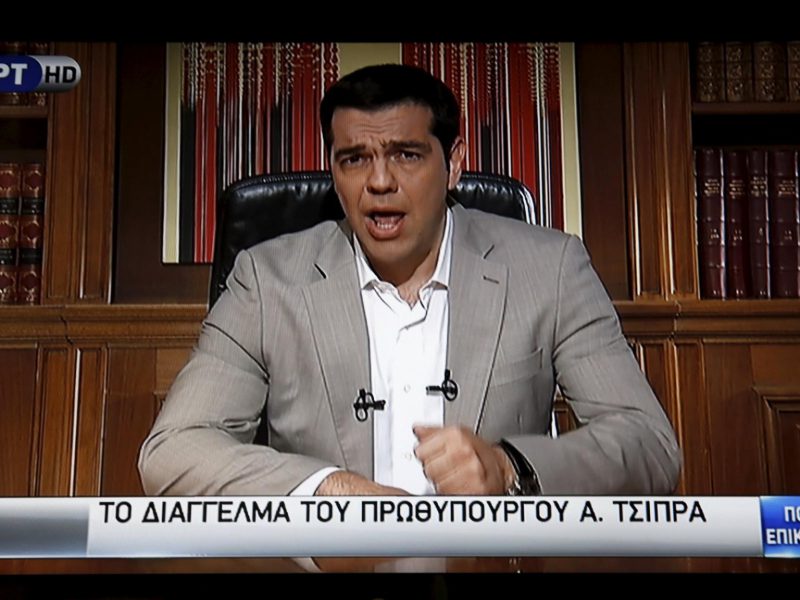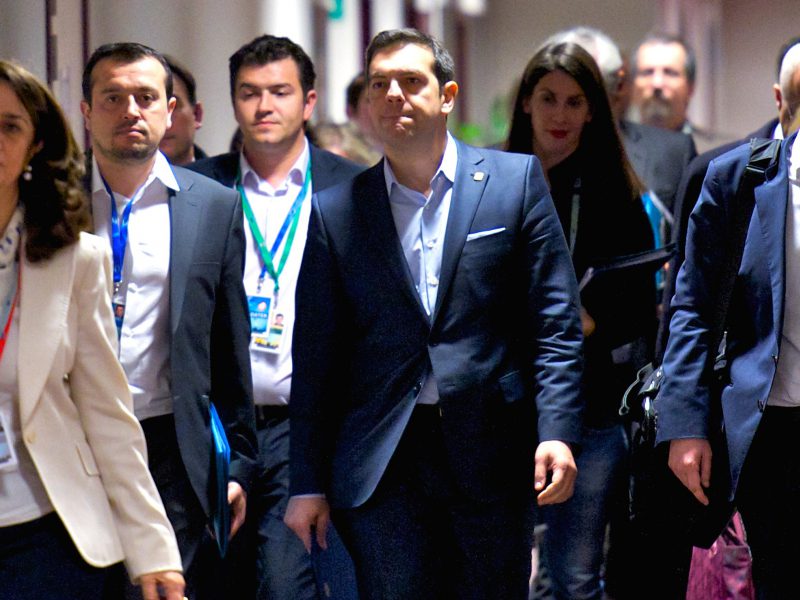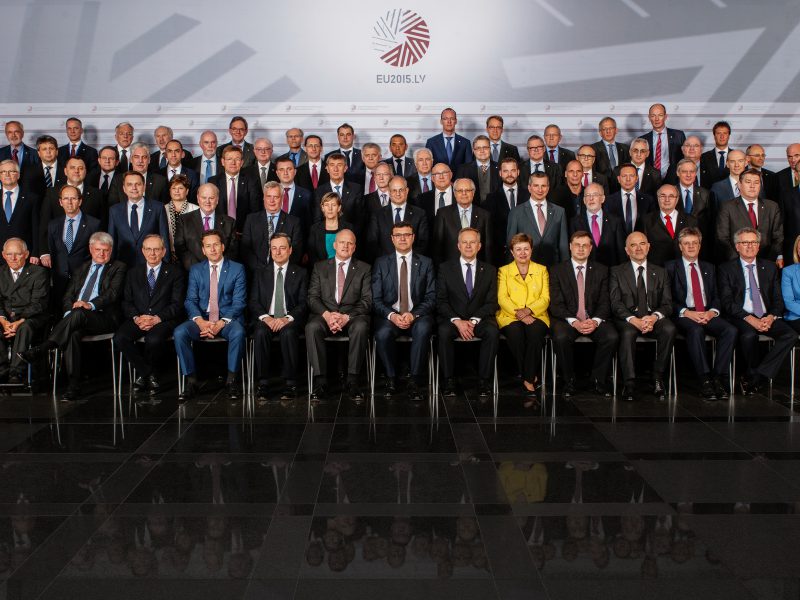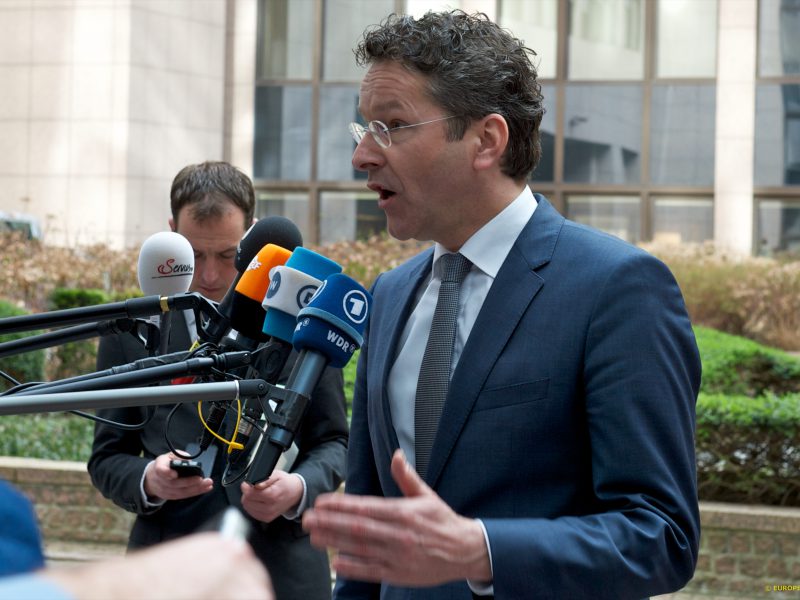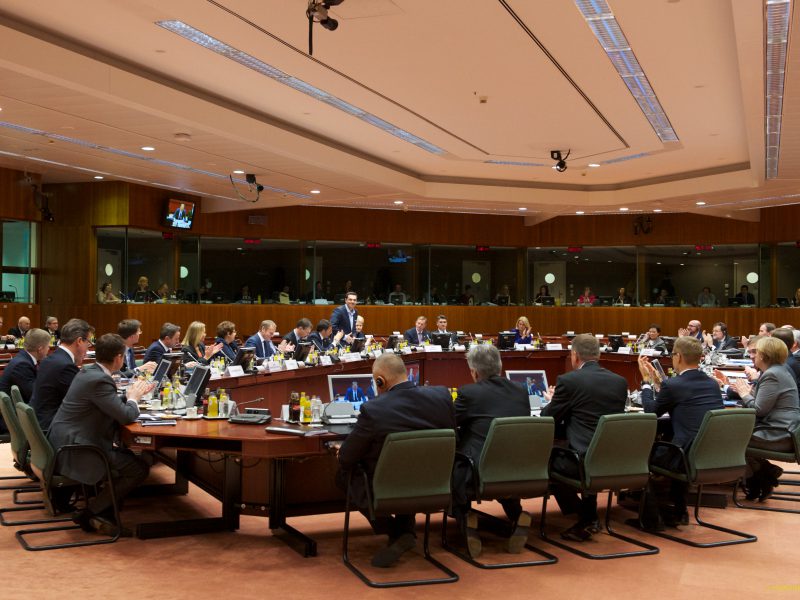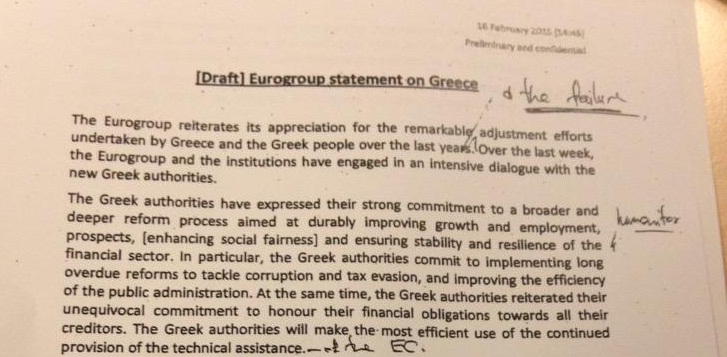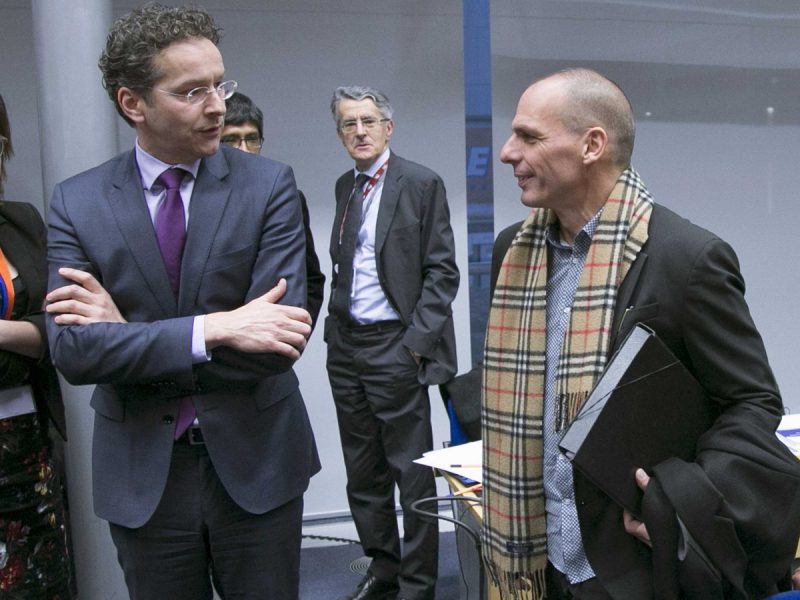Tagged Eurogroup
Greek bailout: No extension, Yes renewal?
The Eurogroup has refused the Greek government’s request for a bailout extension and Greece in now in arrears with the IMF. Mr. Tsipras is back, though, with a request for a new bailout just days before the scheduled referendum…
Euro Summit ends without conclusions but offers optimism
The heads of state and government of the Eurozone met on 22 June in Brussels to attempt to find an agreement on the continuation of Greece’s bailout. A sense of urgency accompanied the summit, resulting from the imminence of a potential Greek default and a run on deposits in Greek banks. At the conclusion of the Summit, President of the European Commission Juncker stated that he was “convinced that we will come to a final agreement this week, because we have to.” In anticipation of the Summit, Greece submitted a final proposal containing new measures for addressing its economic and financial situation, which were discussed by the finance ministers of the Eurogroup prior to the Summit
Eurogroup talks stall as Greece dithers on its promises
At the Eurogroup meeting on Friday, 24 April, all eyes were on Greece. The embattled Eurozone country got hammered for backtracking on much needed fiscal reforms. Eurogroup officials stated that such measures are vital in helping the Greek government secure its debt repayments. Without the remaining €7.2 billion in the bailout package, Greece will run out of money in a matter of weeks. The stark warning came as Mr. Varoufakis, Greece’s Finance Minister, tried to calm fears over his country’s ability to raise
Cherchez les femmes…
We counted four women out of a total of about 70 persons in this “family photo”. These are the participants in the informal meeting of the EU Ministers for Economic and Financial Affairs (ECOFIN) in Riga, Latvia, on 24-25 April 2015. In addition to the scarce number of women, you may also want to look for Messrs…
Time is running out for Greece
The Eurogroup needed just half an hour to deal with the package of measures presented by Greece in Brussels, pressurizing the Athens government to negotiate the technical issues seriously and in detail with experts from the European Commission, the European Central Bank (ECB) and the International Monetary Fund; the so-called “men in black” of the former Troika. Meanwhile, the Greek authorities do not rule out fresh elections or a referendum on the euro if negotiations prove fruitless.
European demos in the making, through laughter and screams
Starting from the recent Tsipras – Rajoy war of words, on who sabotages whom at the Eurogroup and in electoral politics, I attempt to put together evidence that shows a major shift in European politics. Building also on an increasing number of satirical videos about European politics, and from my personal experience, I reach an anecdotal, not so scientific but most probably correct conclusion: We are getting a European demos, in which we all feel comfortable enough and are knowledgeable enough about each other to be able to make jokes, break the ice, get on each other’s nerves occasionally, but basically express what we increasingly realize that we are: a diverse, noisy, funny, stubborn, intrusive and generous section of humanity that one could call “the Europeans”.
The Eurogroup approves Greek measures
Greece continues to be financed with the help of the European Union. Eurozone Ministers of Economy and Finance have approved the new package of economic measures presented to Brussels by Athens. This then paves the way to extend Greece’s bail-out. The spokesman for the European Commission, Margaritis Schinas, said that the proposals are “sufficiently complete” and are a “good start”. The same expression was used by Mario Draghi in a statement, however the ECB president added several ‘buts’. According to Draghi, what counts is the current memorandum.
Tense negotiations continue on Greece’s bailout terms
An agreement on the Greek bailout programme was initially supposed to be reached at the Eurogroup meeting of 11 February. As the finance ministers gathered it became clear that arriving at decisions would not be a matter that would be resolved in a day. Greece and its creditors could not even agree to a common press release

